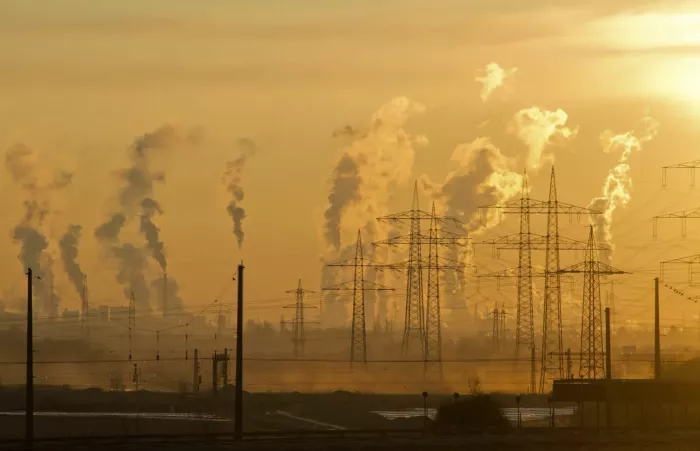According to a new analysis completed by researchers at the University of Wisconsin Madison, eliminating air pollution emissions from energy related activities in the United States, can prevent more than 50000 premature deaths every year and bring more than 600 billion dollars in benefits from avoidable diseases and deaths every year**
The study, published today (May 16, 2022) in the journal geographic health, reports on the health benefits of eliminating dangerous fine particles released into the air by building functions such as power generation, transportation, industrial activities and heating and cooking. These are also the main carbon dioxide emission sources leading to climate change, because they mainly rely on burning fossil fuels such as coal, oil and natural gas.

Working with scientists specializing in air quality and public health, researchers used a model from the U.S. Environmental Protection Agency (EPA) to determine the health benefits of completely reducing fine particulate matter and sulfur dioxide and nitrogen oxides emissions. Once released into the atmosphere, these compounds form particles.
These pollutants can lead to health problems, such as heart disease, stroke, chronic obstructive pulmonary disease, lung cancer and lower respiratory tract infections, which can greatly shorten life expectancy. According to the analysis of researchers, eliminating these pollutants will save about 53200 lives in the United States every year and provide about $608 billion in benefits by avoiding medical costs and life losses.
The researchers also studied the health effects of reducing emissions if regions in the United States act independently. The impact in different parts of the United States may vary widely, partly due to regional differences in energy use and population. The southwest region, composed of Arizona, California and Nevada, will retain 95% of the benefits if it acts alone to eliminate fine particulate emissions.
However, in mountainous areas, most of the benefits of eliminating emissions are felt elsewhere, and only 32% of the benefits remain in mountainous states. This is partly because there are a large number of population centers in the downwind of the mountain area, and they will also benefit. The Great Plains benefits more than twice as much from national efforts as from acting alone.